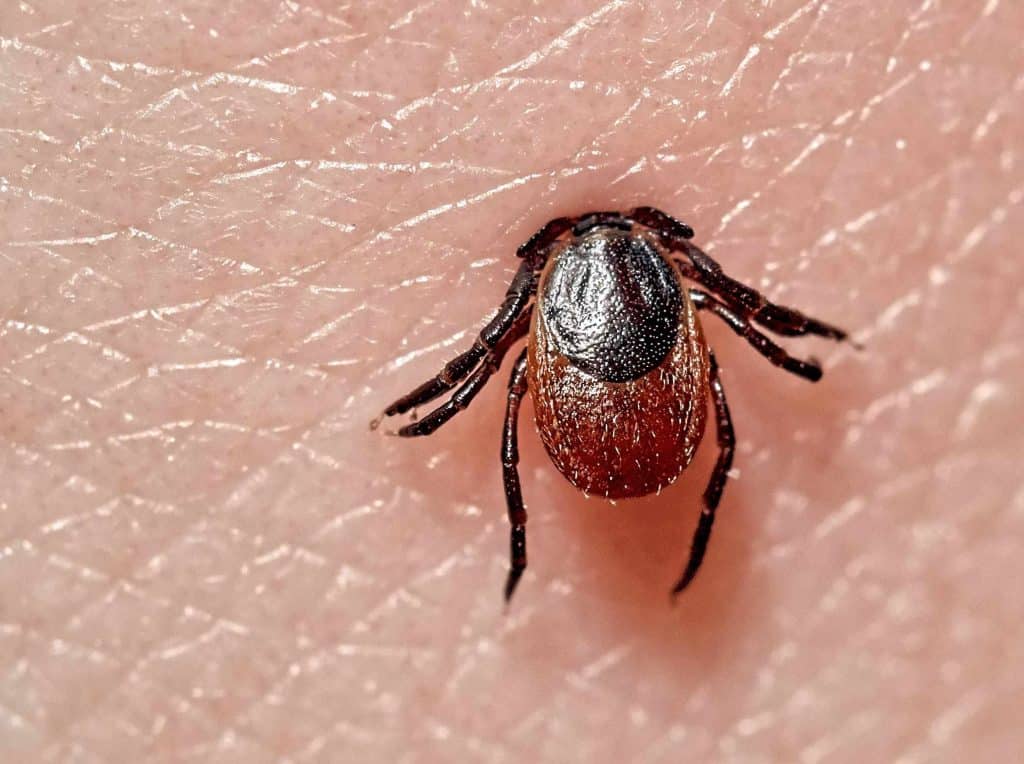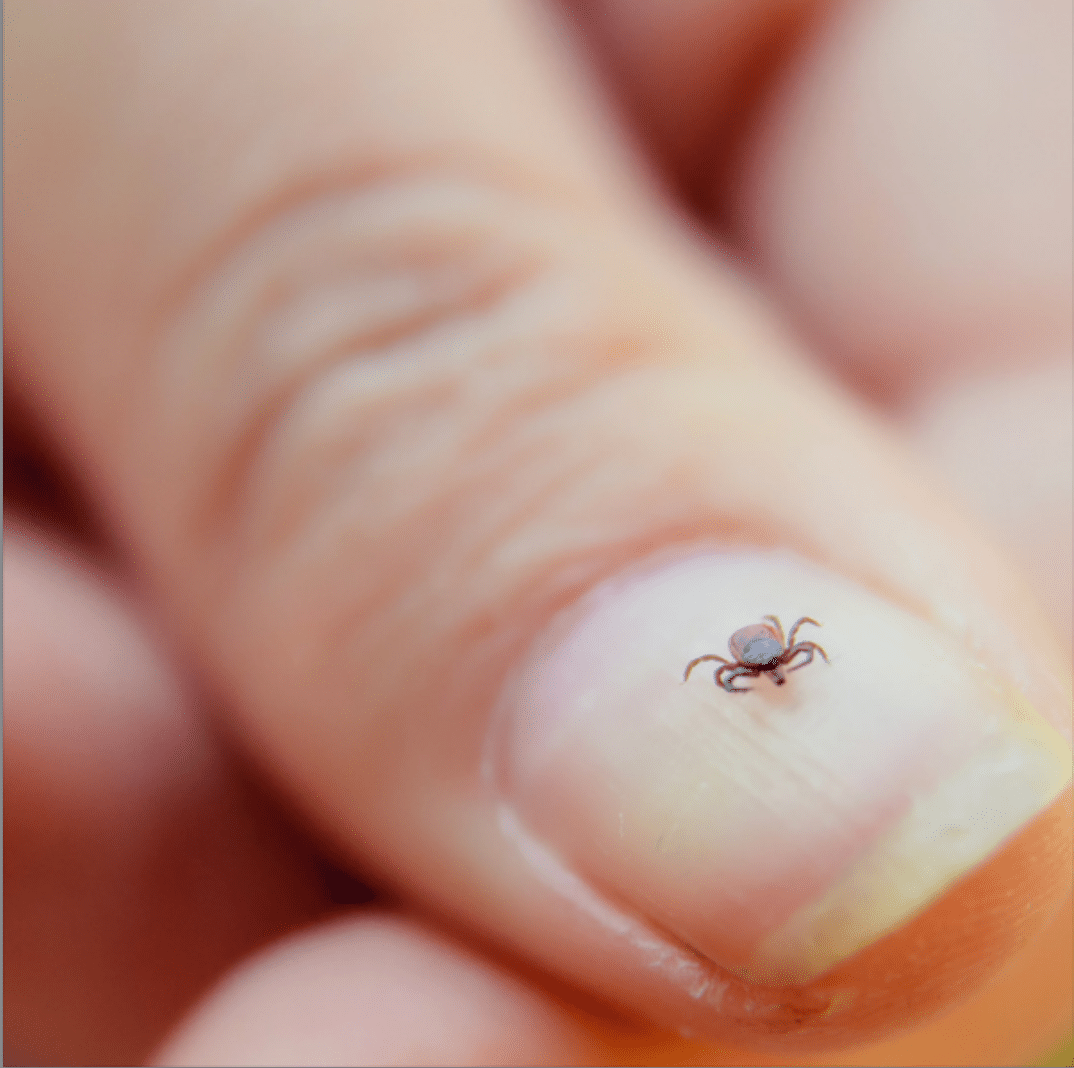Rokotukset ja matkailuneuvonta
Rokotepalvelu on turvallinen valintasi! Olemme ennaltaehkäisevän terveydenhuollon asiantuntijoita monen vuoden kokemuksella.
Tervetuloa käymään!
Välj din närmaste mottagning:
Luotettavaa ja ammattitaitoista rokotepalvelua helposti ja nopeasti.
Meillä voit asioida ilman ajanvarausta ja lääkärin lähetettä. Laajan ja kattavan rokotevalikoiman ansiosta,
saat kaikki tarvittavat rokotukset meiltä. Rokoteklinikoidemme asiantuntijat auttavat sinua kaikissa
rokotuksiin liittyvissä kysymyksissä. Tervetuloa!
Luotettavaa rokotepalvelua jo vuodesta 2008
Suomen Rokotepalvelu on erikoistunut rokotuksiin. Meillä on vuosien kokemus ja asiantuntemus kaikissa rokotuksiin liittyvissä asioissa.
Kouluttaudumme jatkuvasti, jotta voimme tarjota asiakkaillemme tutkittuun tietoon perustuvaa palvelua.
Meillä on Rokoteklinikat Helsingissä, Espoossa, Vantaalla ja Turussa. Lisäksi Rokotebussimme kiertävät keväästä syksyyn. Olemme osa pohjoismaiden suurinta rokottajaa VaccinDirektiä.
Meillä voit asioida ilman ajanvarausta. Tervetuloa käymään jo tänään!

Ajankohtaista

Nyt on hyvä hetki ottaa TBE- eli punkkirokote!
Lämpimät kevätpäivät saavat punkit aktiiviseksi ja punkkihavaintoja onkin jo tehty eri puolilla Suomea. Punkkien levittämää puutiaisaivokuumetta vastaan voi suojautua rokottautumalla. Nyt on hyvä hetki aloittaa rokotussarja!
Lue lisää
Rokotebussit liikkeellä
Rokotebussimme ovat aloittaneet jälleen liikennöinnin Uudellamaalla ja Varsinais-Suomessa. Katso sinua lähin pysähdyspaikka ja hoida rokotukset helposti vaikka kauppareissun yhteydessä. Meillä voit asioida ilman ajanvarausta.
Katso lähin pysäkkisi
Asiakastyytyväisyytemme huipputasoa
Saimme juuri uusimmat asiakastyytyväisyystulokset, eikä parempaa luettavaa voisi olla. 580 asiakastamme antoi meille marraskuussa arvionsa.
Tämän hetken mitattu tuloksemme on 93!
Oliko asiakaspalvelu hyvää? 4 & 5 98,62 %
Olitko tyytyväinen henkilökunnan osaamiseen? 4 & 5 98,45 %
